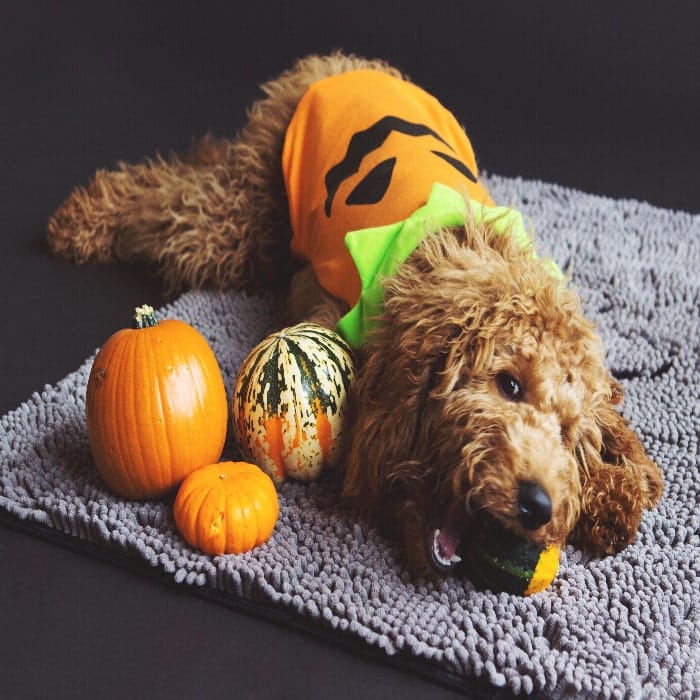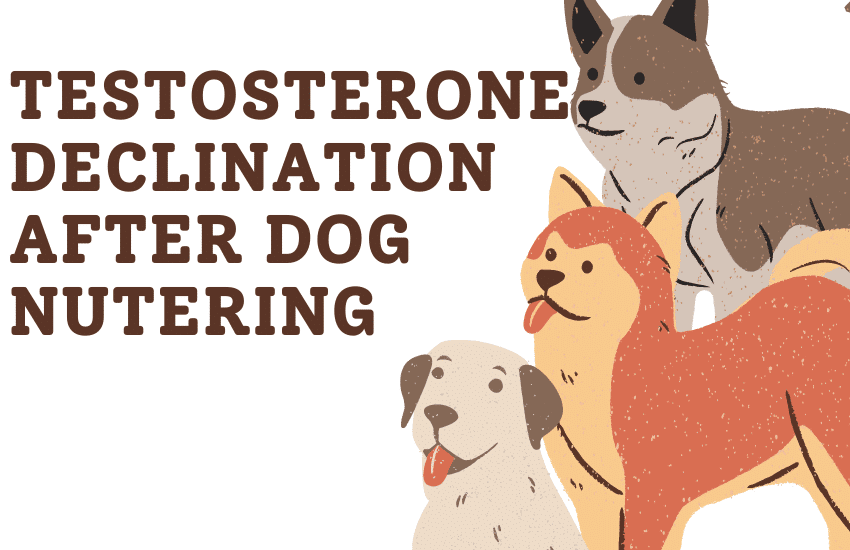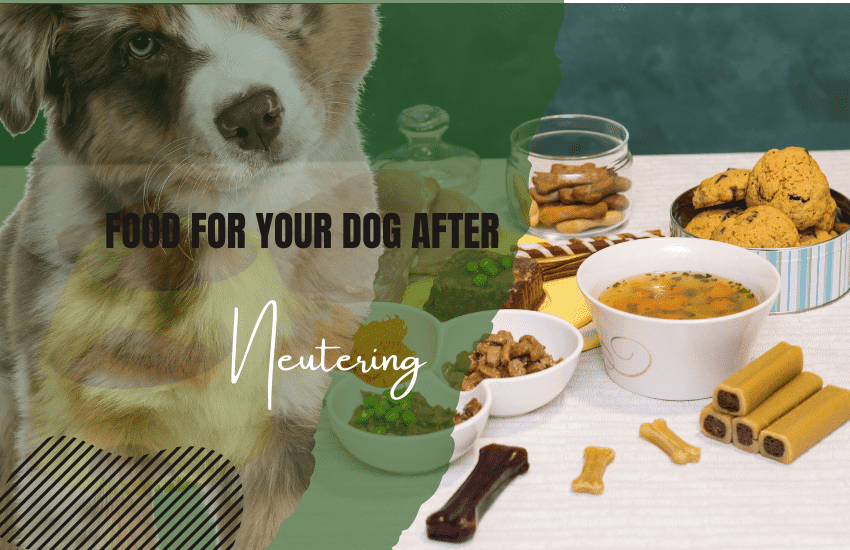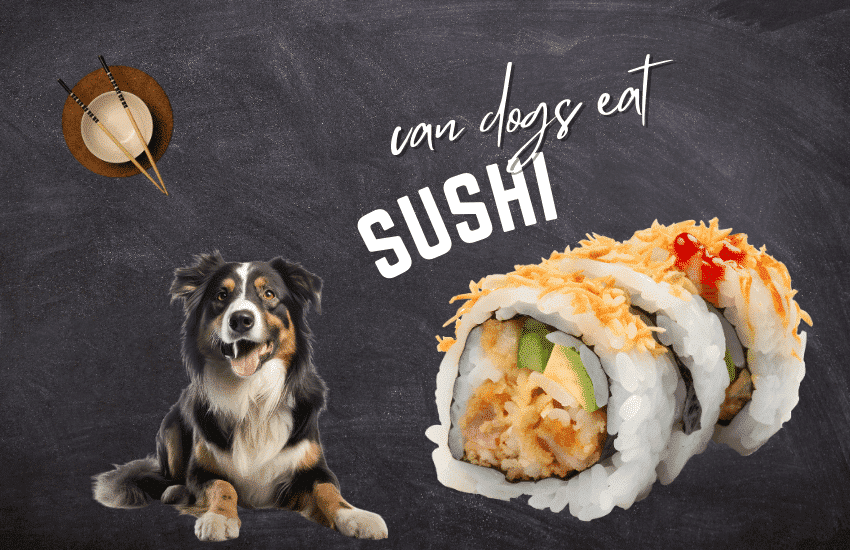How much pumpkin should you give your dog? Like most dog owners, you probably give your pup a pumpkin treat or two during the fall. And if you’re like most people, you may wonder why pumpkin is a popular canine snack. Well, it turns out that pumpkin is great for dogs – but there are a few things to remember before serving it up. Read on for all the benefits of pumpkin for dogs and how and when to serve it best!
Pumpkin is a popular snack for dogs because it is packed with benefits. let’s show Some of these benefits:
Benefits of pumpkin for your dog.
Pumpkin is a good source of fibre.
The fibre found in pumpkin is a type of soluble dietary fibre known as pectin. This type of fibre has many beneficial health effects, such as slowing down digestion and helping to lower cholesterol levels.
It also helps reduce constipation by adding bulk to the stool and allowing more effortless movement.
Adding pumpkin to your dog’s diet can help with weight management by reducing hunger.
This can help prevent overeating between meals, which is essential for dogs since they have smaller stomachs than humans. Pumpkin is also low in calories, so it won’t add extra calories that could contribute to weight gain.
Pumpkin is high in vitamins and minerals.
The vitamins and minerals in pumpkin are essential for a healthy, balanced diet.
Vitamin A is vital for building strong bones and teeth and can help keep your dog’s eyesight sharp.
Potassium helps regulate the body’s water balance and electrolyte levels, and magnesium helps the body absorb calcium to maintain strong bones.
Pumpkin is high in antioxidants.
Antioxidants can help protect your dog from free radicals and cancer. Antioxidants work by neutralizing harmful toxins that can damage cells.
Pumpkin can also be a topical treatment for skin problems such as hot spots or eczema and help soothe an itchy coat. The antioxidants in pumpkin can help reduce the effects of stress caused by environmental factors like pollution, which can damage skin cells.
Pumpkin has anti-inflammatory properties.
Pumpkin is known for its many health benefits for humans, but did you know it can also benefit dogs? Pumpkin has anti-inflammatory properties, which can help relieve joint pain and inflammation. This makes pumpkin an excellent natural treatment for dogs with arthritis or other joint problems.
If your dog suffers from joint problems, adding pumpkin to his diet may help provide relief. You can give your dog canned pumpkin puree or cooked pumpkin pieces. Start with a small amount and increase it until you see an improvement in your dog’s condition.

How much pumpkin should you give your dog?
Pumpkin is one of the most popular fall flavours, and for good reason- it’s delicious! But how much pumpkin should you feed your dog? It all depends on their weight, And if your dog has any health problems, the reason you feed your dog is just a treat or to help reduce constipation.
Generally, if your dog is under 20 pounds, give them half a cup of pumpkin daily. If your dog is somewhere between 20 and 50 pounds, give them 1/2 to 1 cup of pumpkin daily. And if your dog weighs more than 50 pounds, give them 2 cups of pumpkin daily.
But always start to feed your dog a small amount and increase it gradually while watching your dog for any signs of illness.
Too much pumpkin can be dangerous for your dog.
Pumpkin is a staple in many households during the fall season. It’s sweet, spiced and delicious. But like most things, pumpkins can harm your dog if consumed excessively.
some of the side effects of overfeeding your dog pumpkin.
1- Pumpkins can cause vomiting and Diarrhea. These are signs that your dog is not getting the nutrients it needs and may be dehydrated.
2- Pumpkins may also increase the risk of heart problems in dogs. Too much pumpkin can lead to high blood pressure and irregular heartbeat. Contact their veterinarian immediately if you notice any changes in your dog’s health after they’ve ingested a lot of pumpkins.
3- Pumpkin is high in sugar and fibre, which can lead to obesity if consumed too much.
4- Too much fibre can also cause problems like constipation
If you give your dog pumpkin as a treat, limit the amount they eat to avoid unwanted side effects. Be sure to give your dog plenty of water to prevent dehydration.
If you’re worried about your dog overeating pumpkins, consider limiting their intake to a small amount each day. If your dog is vomiting or having Diarrhea, stop feeding him pumpkin and contact your veterinarian for advice.
What kind of pumpkin should I feed my dog?
Pumpkin is a delicious, nutritious food for people and their pets. There are many different pumpkin types, so knowing what suits your dog’s diet is essential. Here are three pumpkin types: raw, cooked, and purée.
Raw pumpkin contains little to no sugar or calories. Raw pumpkin is also high in fibre and provides essential vitamins and minerals. Still, it is hard for dogs to digest. Avoid raw pumpkins for your dog.
A cooked pumpkin is a good option for dogs because it contains moderate sugar and calories. Cooked pumpkin also contains fibre, which helps keep dogs healthy digestion-wise.
Purée can be a good choice for dogs if they’re not fans of cooked pumpkin because it’s high in sugar but low in calories and fibre.
Feed your dog fresh pumpkin slices, but avoid the seeds and skin. The seeds can be hazardous, and the skin can contain toxins that could harm your dog. Also, avoid pumpkin pulp.
Canned pumpkin is a good choice, but be careful.
It’s the time of year when pumpkin spice is inescapable, and for a good reason: pumpkins are a great source of vitamins A and C, fibre, and potassium. But many people don’t know that many pumpkin products and recipes can harm your dog.
One common additive found in many pumpkin products and recipes is nutmeg. Nutmeg is a common spice often used to add flavour to dishes. Yet, nutmeg can be toxic to dogs if ingested in large quantities. Consuming too much nutmeg can cause vomiting, Diarrhea, tremors, seizures, and even death.
Another additive that’s commonly found in pumpkin products and recipes is cinnamon. Cinnamon is another spice that’s often used to add flavour to dishes. Like nutmeg, cinnamon can also be poisonous to dogs if ingested in large quantities.
A study published in the Journal of Veterinary Internal Medicine found that adding spices like nutmeg and cinnamon, additives, and added sugars to pumpkin products can make dogs sick. The study tested the effects of these ingredients on four different breeds of dogs, and all of them showed symptoms including vomiting, Diarrhea, anorexia, lethargy, and seizures.
Be sure to check the ingredients list and read the labels of pumpkin products for your dog because some can also contain harmful chemicals.
some tips to help keep your pup safe.
-Look for pumpkin products with “No Added Sugar” on the label. This means the product does not contain sugar alcohols or artificial sweeteners.
-Check the ingredients list and ensure no harmful chemicals are in the product, like propylene glycol or BHT, which can be dangerous for dogs if ingested in large quantities.
-Avoid pumpkin-flavoured treats that are high in calories or fat
-Avoid sugar-free canned pumpkin, which may contain xylitol, which is dangerous for your dog
The best choice is plain canned pumpkin without additives, spices or added sugar.
-If you are worried about how much pumpkin you should give your dog, consult your vet.
Frequently asked questions
Can I give my dog canned pumpkin?
Yes, feed your dog plain canned pumpkins without added sugar, spices, or additives.
Can I give my dog raw pumpkin?
Avoid feeding your dog raw pumpkin as it is hard to digest; always go for a cooked pumpkin.
What is the best way to serve pumpkin for my dog?
Can I give pumpkin pie to my dog?
Don’t feed your dog any pumpkin made with additives or spices; always choose a plain pumpkin.
How much pumpkin should I give my dog for Diarrhea?
-If your dog’s Diarrhea is mild, give him a small amount of pumpkin mixed with water.
-If your dog’s Diarrhea is more severe, give him 2 or 3 teaspoons of pumpkin mixed with water daily.
-Make sure the pumpkin mixture contains enough moisture to hydrate your dog; otherwise, he may get dehydrated.
How much pumpkin should I give my dog for constipation?
Some experts say that a small amount – like 1/4 cup per day – is all your dog needs to help with constipation. Other experts say that as little as two tablespoons per day can be enough help. Always start with a small amount and gradually increase it.
If your dog is old or has a history of intestinal problems, talk to your vet before increasing the pumpkin amount.
Does pumpkin firm up soft stools for dogs?
Yes, Pets may find that pumpkin helps to firm up their stool, making it easier to go. Some owners even say their dog’s stools were hard and dry before adding pumpkin. Still, after eating it regularly, they notice a big difference in how easily their pet goes. If your pet has trouble with dry or soft stool, adding a pumpkin may be a good help.
Can I give pumpkin to my dog every day?
Yes, you can add a small amount of pumpkin to his meal. Pumpkin is a good source of antioxidants that can help support your dog’s immune system; plus, it’s naturally sweet, so your pup will likely enjoy eating it. If you’re giving your dog pumpkin daily, keep in mind to watch his weight and ensure he doesn’t become overfed.







